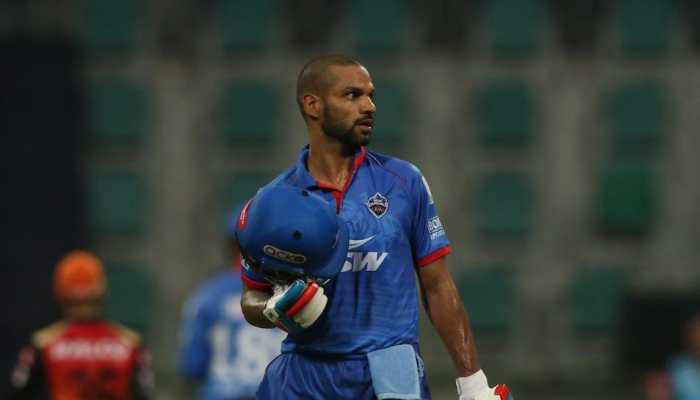DNA Exclusive: Analysing Public welfare schemes vs Freebies
In today’s DNA, Zee Media’s Rohit Ranjan made an analysis of whether promoting the freebies culture is a public service or a detrimental practice for the Indian economy.
Trending Photos
)
New Delhi: A massive debate around the policy of freebies vs self-reliance has sparked in India after Arvind Kejriwal-led Aam Aadmi Party (AAP) and Bhartiya Janata Party (BJP) have exchanged barbs on whether or not AAP’s model of freebies governance is detrimental to the economy. The BJP has targeted the Delhi Chief Minister and said that his free facilities to the people are damaging to the Indian economy and would make people dependent. On Thursday, Prime Minister Narendra Modi also, while addressing the nation on fuel price rise, said that it is easy for governments to provide free petrol and diesel but it defeats the purpose of ‘Atmanirbhar Bharat’ that today’s India stands for. It was also PM Modi who coined and brought the term ‘Free ki Revdi’ term into the Indian political scenario. On the other hand, AAP attacked the Centre for not using the tax payer’s money appropriately and asked why the government can waive loans of big-time industrialists but not give free services to the citizens.
In today’s DNA, Zee Media’s Rohit Ranjan made an analysis of whether promoting the freebies culture is a public service or a detrimental practice. He also explained how this practice of making free services available to citizens will lead the Indian economy to a Srin Lanka-like crisis.
#DNA: मुफ्त के चक्कर में सुस्त हो चुके देशों की हालत देख लीजिए @irohitr
अन्य Videos यहां देखें - https://t.co/ZoADfwBf2S pic.twitter.com/KFD7NndxxN — Zee News (@ZeeNews) August 11, 2022
Petition in Supreme Court against the ‘freebies policies’
A petition filed in the Supreme Court accused that this ‘freebies model of government’ by the parties is taking the states towards deep economic and financial debts and thus, political outfits that promote and attempt to lure the public with these freebies promises must be called out.
#DNA: 'रेवड़ी' पर कौन रॉन्ग, कौन राइट? देखिए ये रिपोर्ट @irohitr @Ravi_ZeeNews @ravindrak2000
अन्य Videos यहां देखें - https://t.co/ZoADfwBf2S pic.twitter.com/Bmtvyh8hc3— Zee News (@ZeeNews) August 11, 2022
Public service vs Freebies
The subsidy is broadly categorised into Merit Subsidy and Non-merit subsidy. Merit Subsidy includes services or facilities that are basic and necessary for a developed civilization and investing in these will help the economic growth like Free Education, Free Food, Free Medical treatment etc.
On the other hand, Non-merit subsidy includes facilities that are not necessary to be subsidised and burden the economy of a nation. Some good examples are free electricity, free water and free rent etc.
#DNA: आत्मनिर्भर भारत Vs मुफ्तखोर भारत @irohitr
अन्य Videos यहां देखें - https://t.co/ZoADfwBf2S pic.twitter.com/kQha1el0zo — Zee News (@ZeeNews) August 11, 2022
How can India put a stop to non-merit subsidies?
The Supreme Court of India had also suggested constituting a committee with representatives from different political outfits, election commission, RBI etc. The apex court also suggested that all the political parties that put such free facilities in the election manifesto must also reveal how much burden it will put on the state’s economy and treasury.
Watch today's DNA here!
फ्री वाला सियासी फर्ज़, सबसे बड़ा मर्ज़ ? देखिए #DNA LIVE #RohitRanjan के साथ | @irohitr
https://t.co/rV1QcUEsg1 — Zee News (@ZeeNews) August 11, 2022
Stay informed on all the latest news, real-time breaking news updates, and follow all the important headlines in india news and world News on Zee News.
Live Tv







)
)
)
)
)
)
)
)
)
)
